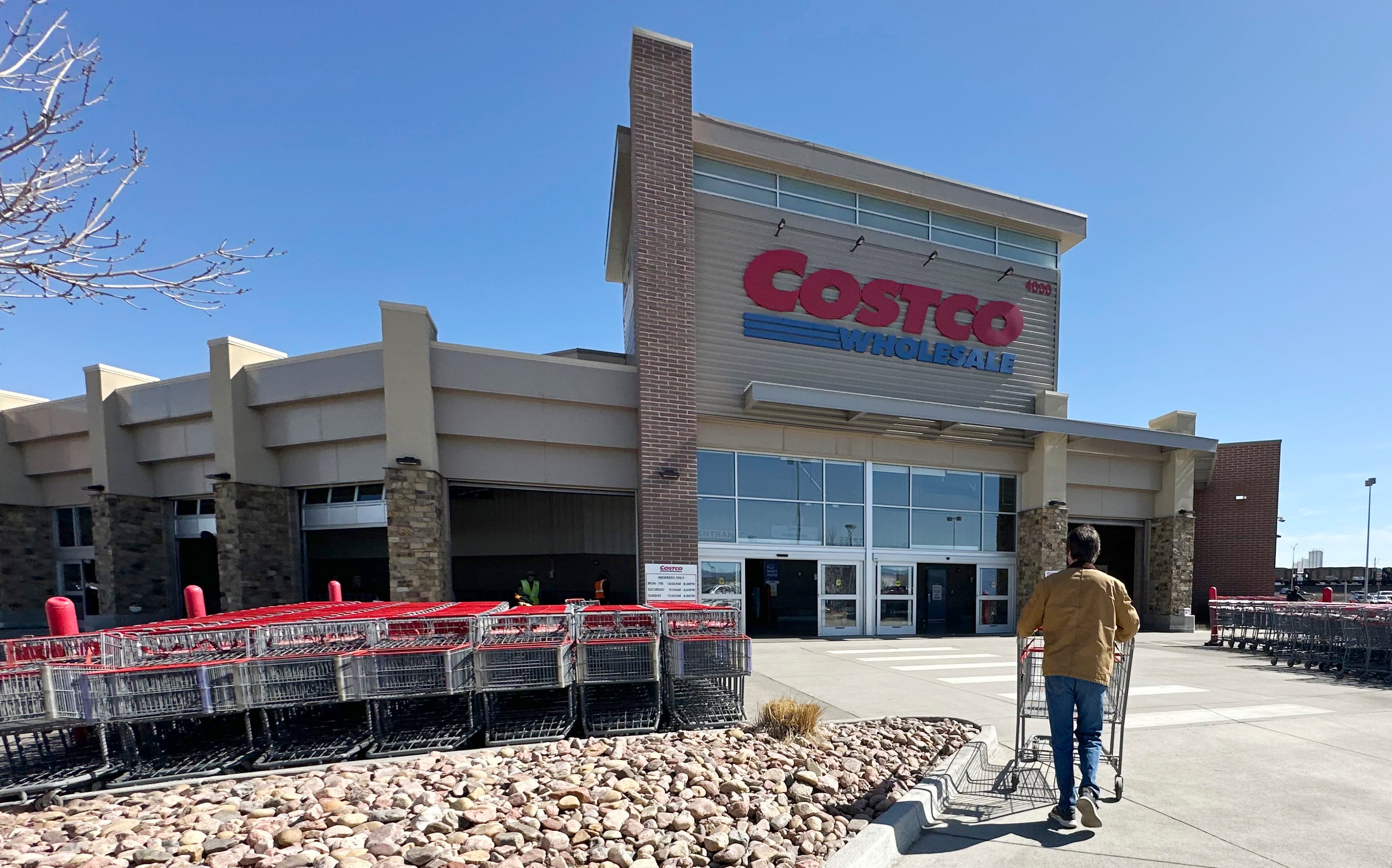*By Hope King* Uber doesn't have great luck when it comes to timing. The company waited 10 years to go public, and its IPO in May landed at the end of a volatile week of trading. On the same day the U.S. raised more tariffs on Chinese goods. During its Elevate conference this week, Uber sought to sell its vision for aerial logistics. The two-day event started a day after a helicopter crashed into a high-rise in Manhattan, four days after CEO Dara Khosrowshahi internally announced his COO and CMO resigned, a week after Deloitte published a [study](https://www2.deloitte.com/insights/us/en/focus/future-of-mobility/evtol-elevated-future-of-mobility-summary.html)that found 80 percent of survey respondents think vertical take off and landing (VTOL) vehicles are potentially viable, yet were unsure if they will be safe or certain they are not ー and on the same day the FAA said it had "no timetable" for approving Boeing's 737 MAX to fly again. Yeah. Khosrowshahi, in his closing keynote Wednesday night, made no mention of these incidents or the backdrop of aerial safety concerns. Instead he focused on the company's origin story and the societal benefits of Uber's new master plan. "We think the vision of Uber is our presenting to you how to get from point A to B, all the different ways to move," he said on stage. "We want to be not just the Amazon of transportation but also the Google of transportation ー we want to be your every day use case." Now in its third year, the Uber Elevate Summit is essentially a developers conference. Elevate is what Uber calls its outward-facing software platform that will eventually act as a mega air traffic control program. Elevate will manage delivery drone flights, flying taxis, and deployment centers, which Uber calls Skyports. Like other Big Tech developer conferences, Uber pushes out dozens of announcements and corresponding executives to woo partners to work with them on building shared businesses. But unlike an Apple WWDC or Google I/O, the crowd at Uber Elevate Summit is very different. [Google I/O ](https://medium.com/cheddar/google-takes-a-bite-out-of-apple-d836a3356243) feels like a Coachella for coders. [Apple's WWDC](https://cheddar.com/media/apple-kicks-off-its-annual-worldwide-developers-conference), a private school summer camp. Uber's Elevate resembles a Milken-like atmosphere in a much more intimate setting. Think CES for transportation but the stakes and risks are a lot higher. The difference is notable because Uber isn't trying to get people to build apps for more selfies ー Uber is trying to sign on aircraft manufacturers, building developers, and most importantly, government decision makers. That's why the conference's summit was jammed with executives from aviation manufacturing and Softbank, leaders at NASA, Secretary of Transportation Elaine Chao, and even Sen. Ted Cruz, who spoke on stage just before Khosrowshahi. The Texas senator seemed to be the perfect ad man for Uber given he is the chairman of the subcommittee on Aviation and Space, and because Dallas will become one of the first cities to test Uber's flying taxi network. Cruz said he often uses Uber as an example of how companies change the way services are delivered. Cars had been sitting there unused until Uber found a way to bring them online and offer car owners a way to extract value out of them, he said. "I invoke Uber all the time," he said, and added Airbnb to the mix. "Nobody knew we had millions of hotel rooms and suddenly what was a useless spare room used when your mother in law visited twice a year - suddenly you have trillions of real estate assets." According to Cruz, Uber Elevate presents that same possibility with self-flying vehicles. "I grew up watching The Jetsons," Cruz said. So what now? This year's Elevate Summit saw the most number of physical exhibits than before: half a dozen scale models of flying taxi designs from manufacturers including Boeing and new partner Jaunt; delivery drone prototype with real McDonald's food packed into the box; virtual reality renderings of what it's like to visit a Skyport (an airport for flying taxis that resembles a vending machine) and even some of the company's newest ground transportation, including the Jump scooter and e-bike, and third generation self-driving Volvo XC 90 SUV. What do we do with all these new details? We should demand even more details ー access to safety videos and data, understanding how this will benefit everyone and not just a select few who can afford the equivalent of an Uber X car ride, ask how this will change living and working environments, and livelihoods. After all, Uber is selling opportunity for everyone to prosper here, not just businesses or cities that work with the company. Khosrowshahi on stage mentioned a study showing that access to city centers is key to helping people succeed, maybe even more so than education. "\[That's\] been unfairly weighted toward people who can afford to live in a city center or buy a car," he said. But as cities become denser with people looking for opportunity, there's no more space on the ground to move. Residences and commercial spaces are climbing higher. "You have a transportation grid that can’t keep up in 2-dimensions," he said. “We want to take transportation to the 3rd dimension.” If Uber wants to elevate its ambitions to the skies, consumers should elevate their standards of acceptability and demand that their concerns are acknowledged, addressed, and satisfied. Opportunities aren't free. What's the price we're willing to pay?








